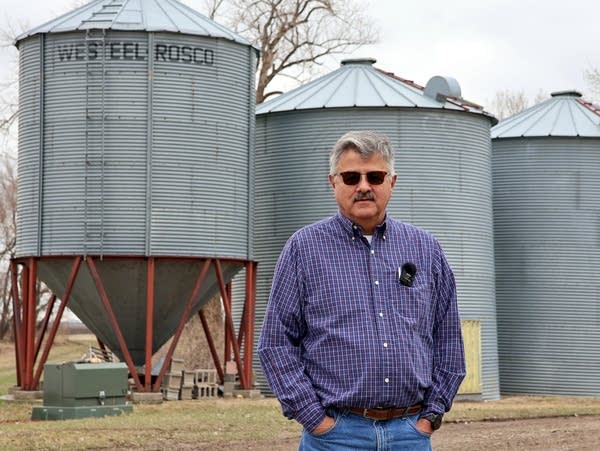
Morning Edition, with Cathy Wurzer in St. Paul and NPR hosts in Washington and Los Angeles, brings you all the news from overnight and the information you need to start your day. Listen from 4 to 9 a.m. every weekday.
Morning Announcements | Weather chats with Mark Seeley | Parting Thoughts











